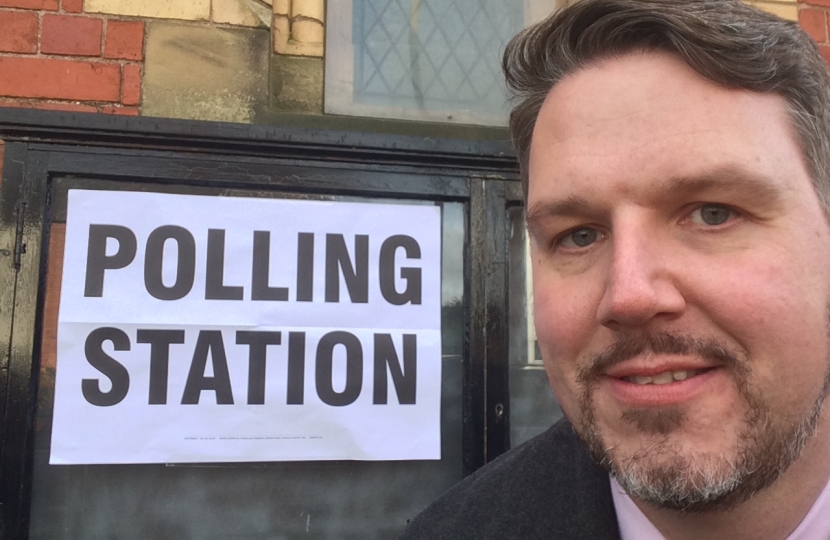Police and Crime Commissioners (PCCs) are the voice of the public, responsible for keeping communities safe. They lead policing and criminal justice in their police force area.
PCCs set the precept (local tax), budget and resourcing requirement for policing. They determine how policing, criminal justice and community safety should be delivered over a five year period. They hire and, if necessary, fire the chief constable.
PCCs are expected to connect and engage with local people and to play a direct role in shaping the policing services that local people rely on. They have a significant role in commissioning services to tackle crime and disorder, and for services to victims of crime.
PCCs have an increasingly important leadership role in working with directors of public health to prevent and tackle drug use, and to provide treatment for addicts so that they and their families can restart their lives. PCCs work with partners to prevent crime and anti-social behavior and to deal with offenders. They have a statutory duty to work with agencies across the criminal justice system to join up disparate agencies and make it deliver better for victims.
PCCs have a powerful new role in championing the rights of victims of crime across England and Wales. They have discretion to develop different models, befitting the different communities they represent. PCCs are a driving force behind new services and the all-important reform of policing which they were created to deliver.
A PCC is a leader. PCCs have the opportunity to be innovative, vibrant, passionate advocates for change. They are the people to get things done, to tackle crime and make the justice system work for the public.






